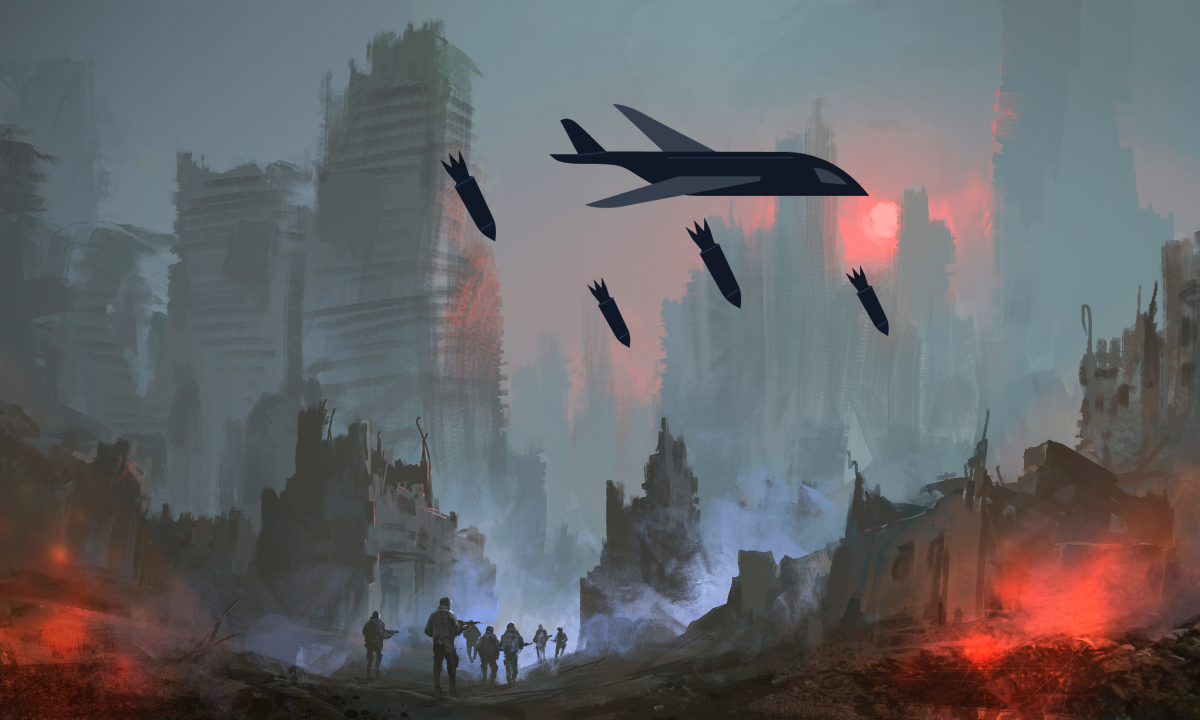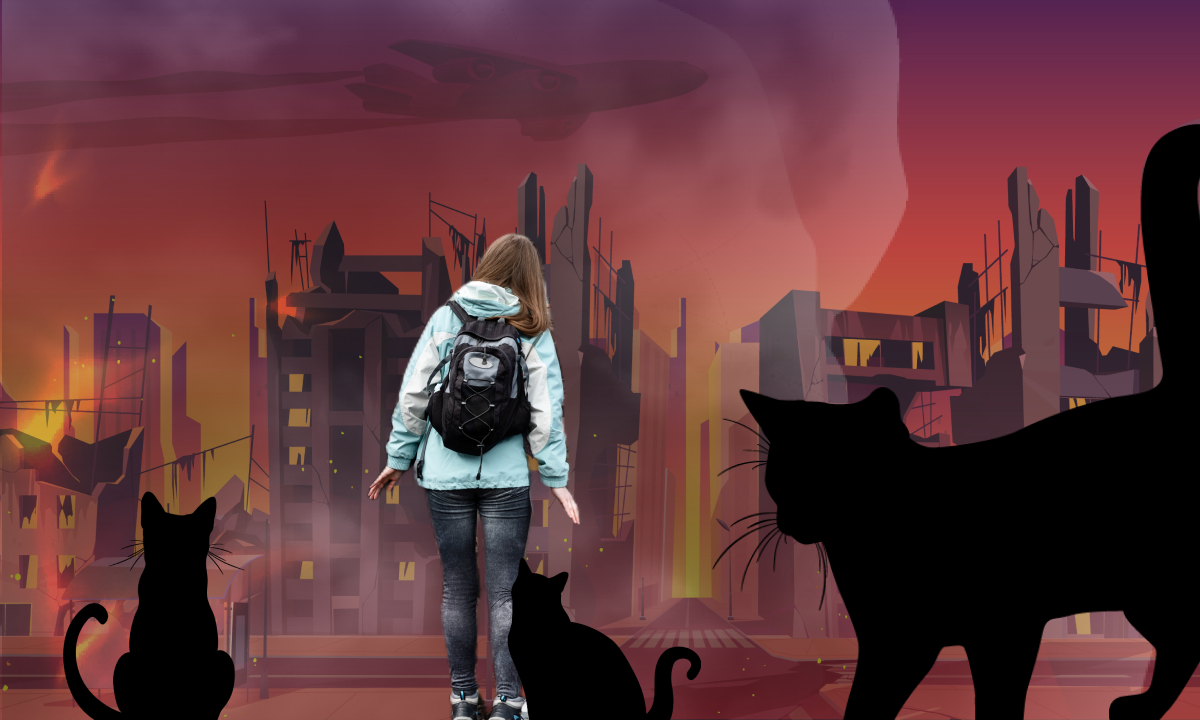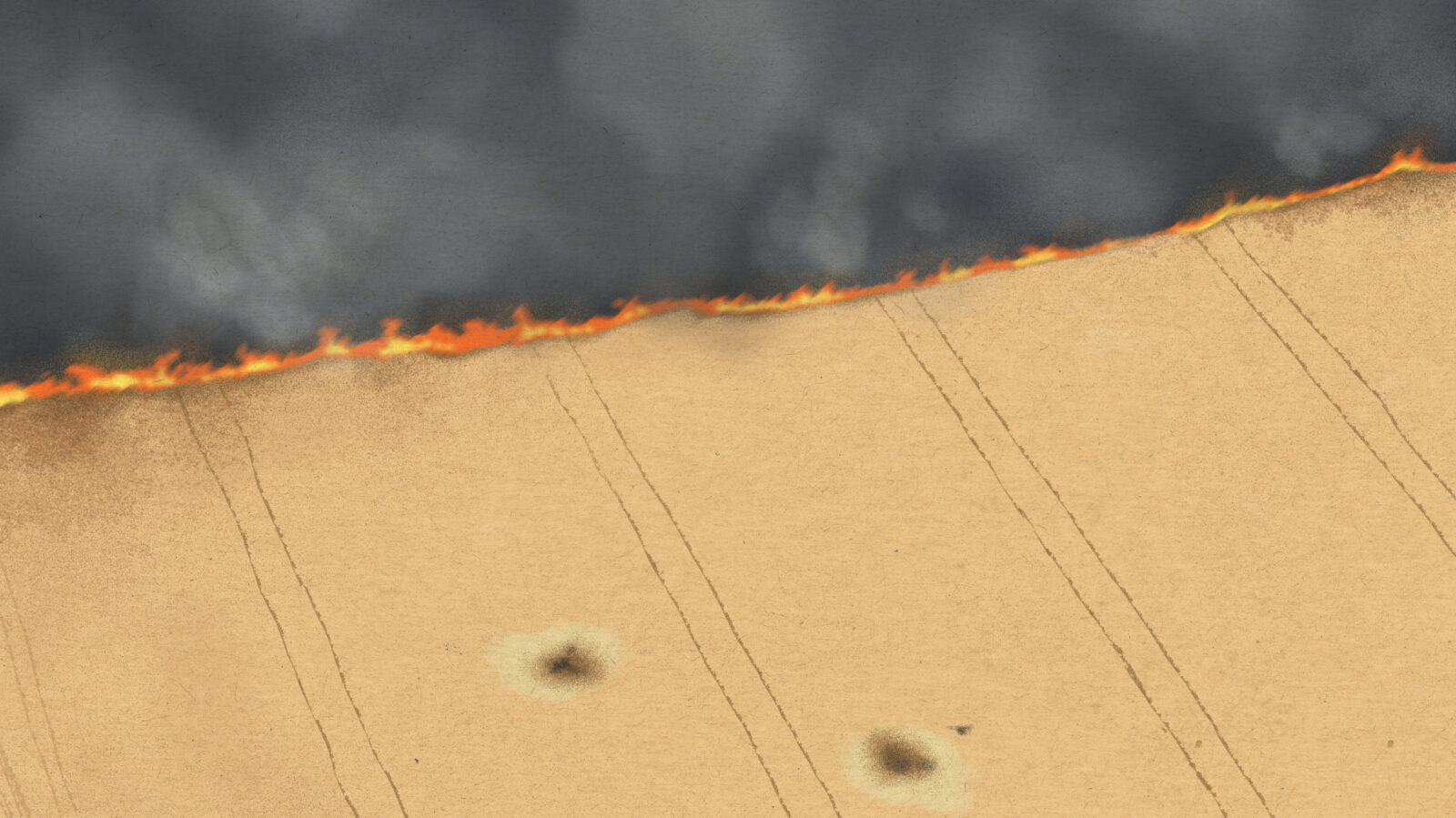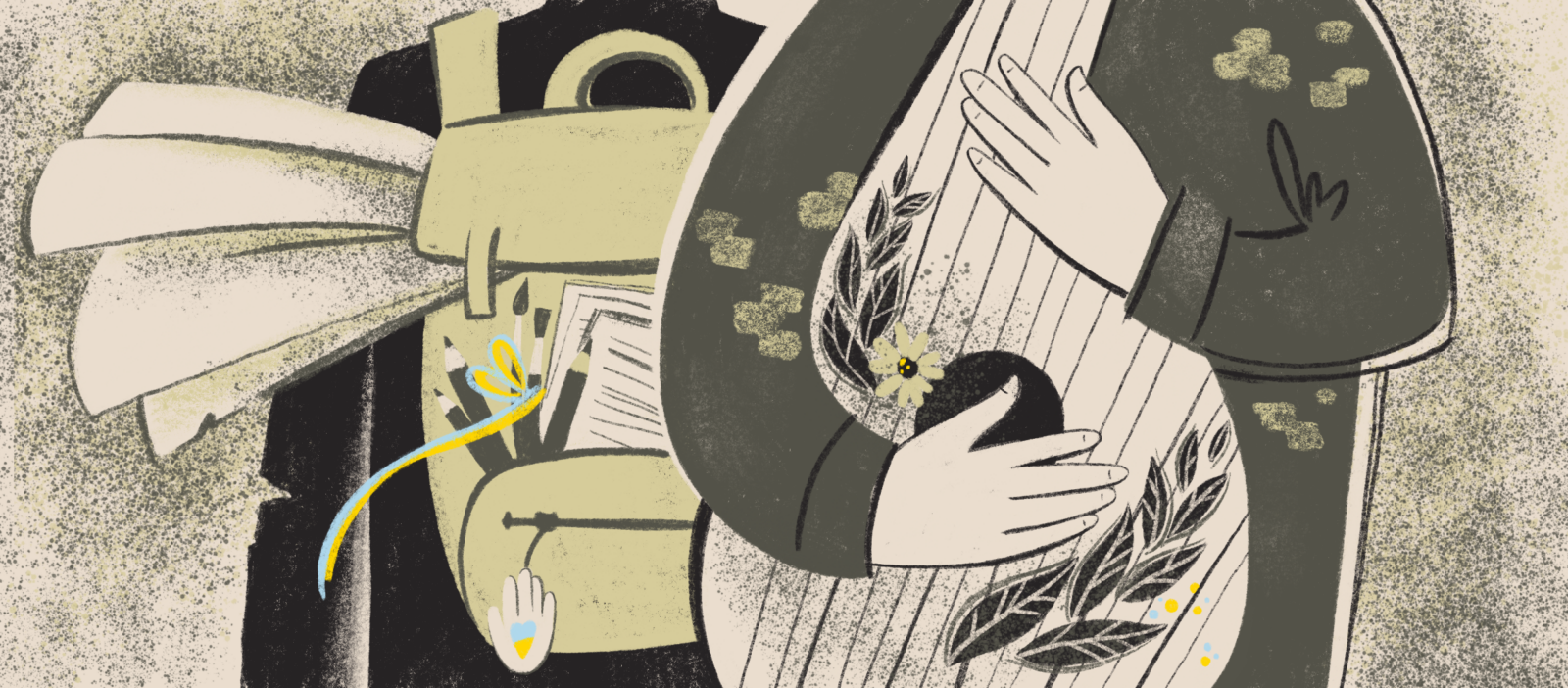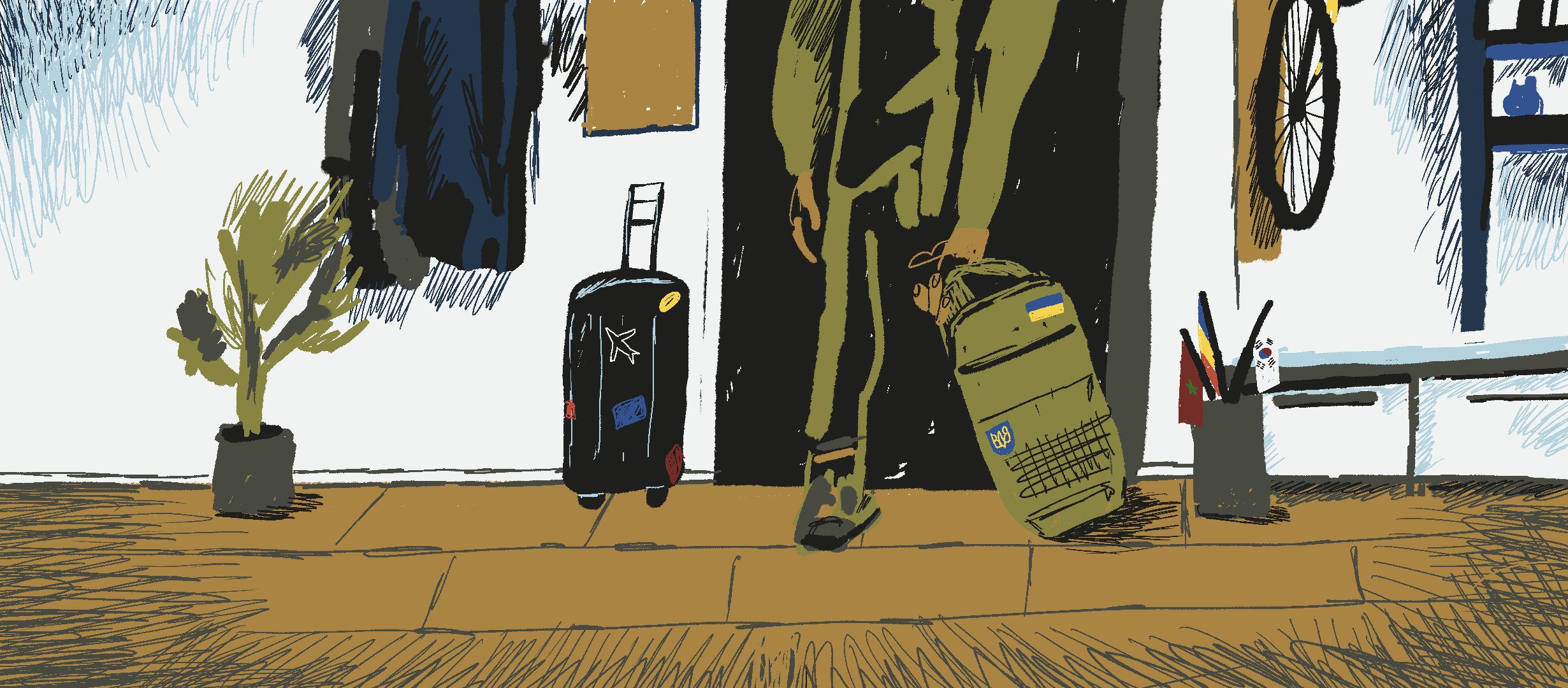Illustrated by Galochka Ch
“On the very first evening, a woman who lost her eye because of a splinter was brought in. She was conscious, she talked to us and she felt pain,” Oleksii Bozhko recalls his first wartime duty at the surgical department of the Kharkiv Region Hospital. He is a 25-year-old graduate student in pathological physiology. He was forced to learn how to help victims of explosions and collapsed buildings right here, because of war.
The medical staff is almost tied to the hospital building, it is safer to spend nights in the hallways rather than getting home under shelling. The hallway has become one of the most visited places: patients and doctors use it during air raid alerts. It is impossible to take all the “inhabitants” of a nine-story building to the basement.
I met Oleksii at school, in 2013, at a tournament for young historians. Later, in turbulent 2014, we had coffees and long chats about the history of WWII and how actions and propaganda of Russia at that time resembled Nazi Germany. Now Oleksii is not up to discussions.
Some of the medical staff left Kharkiv at the beginning of the war. “There are people who help in forced emigration. However, I realize that I will be much more useful here,” Oleksii explains his position. He now conducts routine checkups, provides first aid, free online consultations whenever possible, and sorts medicines brought by volunteers.
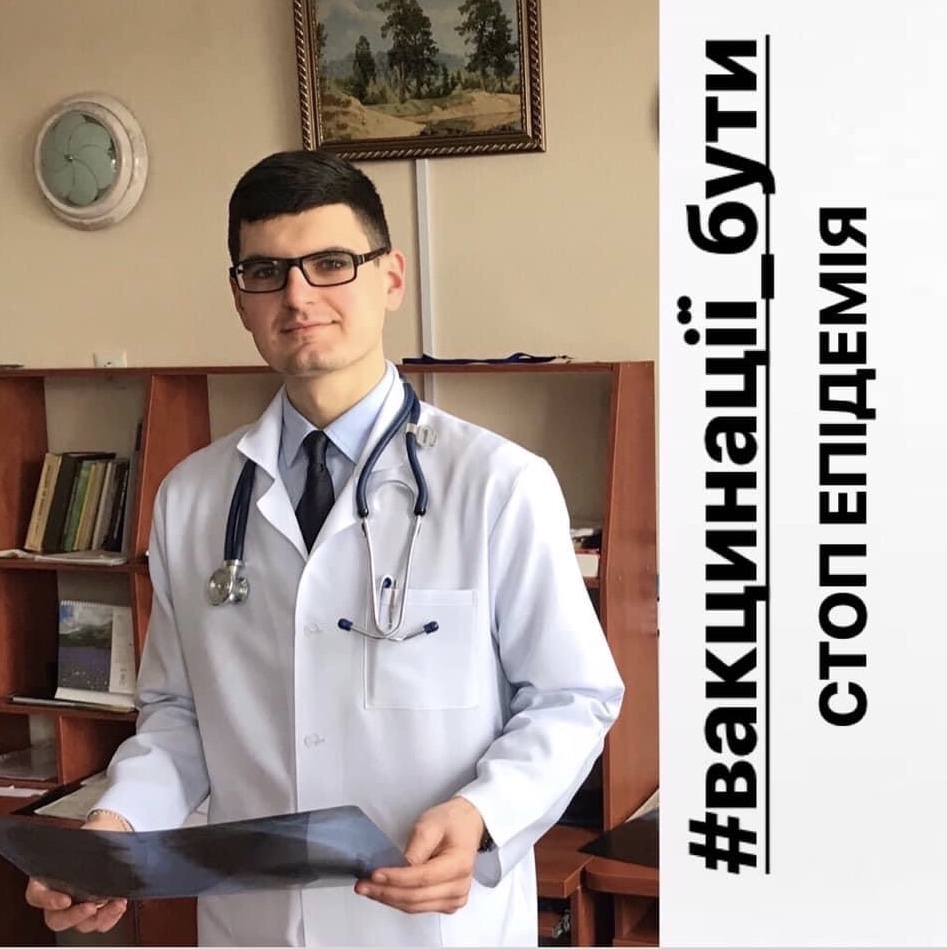
Russian troops are shelling Kharkiv all the time, and now all lives depend on the well-coordinated work of volunteers and doctors.
“We keep on getting humanitarian aid from other Ukrainian cities and from abroad,” Oleksii says. “Not only drugs and disposables, but also food for patients and personnel. That is not always some centralized assistance, it often comes from common people from Germany, Poland, or Czech Republic who just went to pharmacies, bought what they could and sent to us. If it weren’t for the volunteers, things would be very, very bad.”
Some food is cooked right here in the hospital, and about half is brought from local restaurants and cafes.
The medic hopes that after the war he will walk around his beloved Kharkiv with his closest people, write a big thanks to all organizations, companies, volunteers, and the military, and take his family to Ti Amo pizzeria in Shevchenko Garden, “if it’s still there, of course.“
But so far, he sees the wounded every day. He says random injuries among civilians shock him the most: “An old lady was brought to us with a wound… Is she a Nazi or a Banderite? Or maybe she was an important military target? Such patients will have disabilities for the rest of their lives. That is very wrong.”
He is talking about rage and the “holy war for independence,” and I am thinking that after we win, I will ask him for our traditional chat about WWII history. And I will listen to his jokes. “Black humor is now very common in our hospital”, he says.





